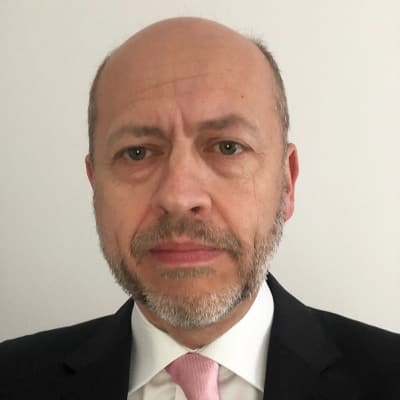Sessions With Michael Stoppard
Tuesday, 10 March
-
11:30am - 12:30pm (CST) / -
Asian Gas Market Liberalization
Upstream Oil & GasWith the goals of improving market efficiency, increasing competition, and reducing prices, many Asian gas markets are pursuing market liberalization reforms. How can policy makers further advance market reforms? How will stakeholders and incumbent companies react? What opportunities may entice new players to these markets?
- Speakers:
- Michael Stoppard
- Robert Fee
- Kunio Nohata
- Laurent Vivier
- Nikos Tsafos
Wednesday, 11 March
-
09:15am - 09:55am (CST) / -
Plenary - Gas in the New World of Competition
Upstream Oil & GasNatural Gas is a growing business both in North America and internationally, but prices and margins are under pressure. Finding value pools in the value chain is critical. How do companies create sustainable value from the US shale revolution? Where are the opportunities in the mid- and downstream value chain? Which geographies have an advantage in a competitive world, both internationally and in North America?
- Speakers:
- Michael Stoppard
- Michael Smith

